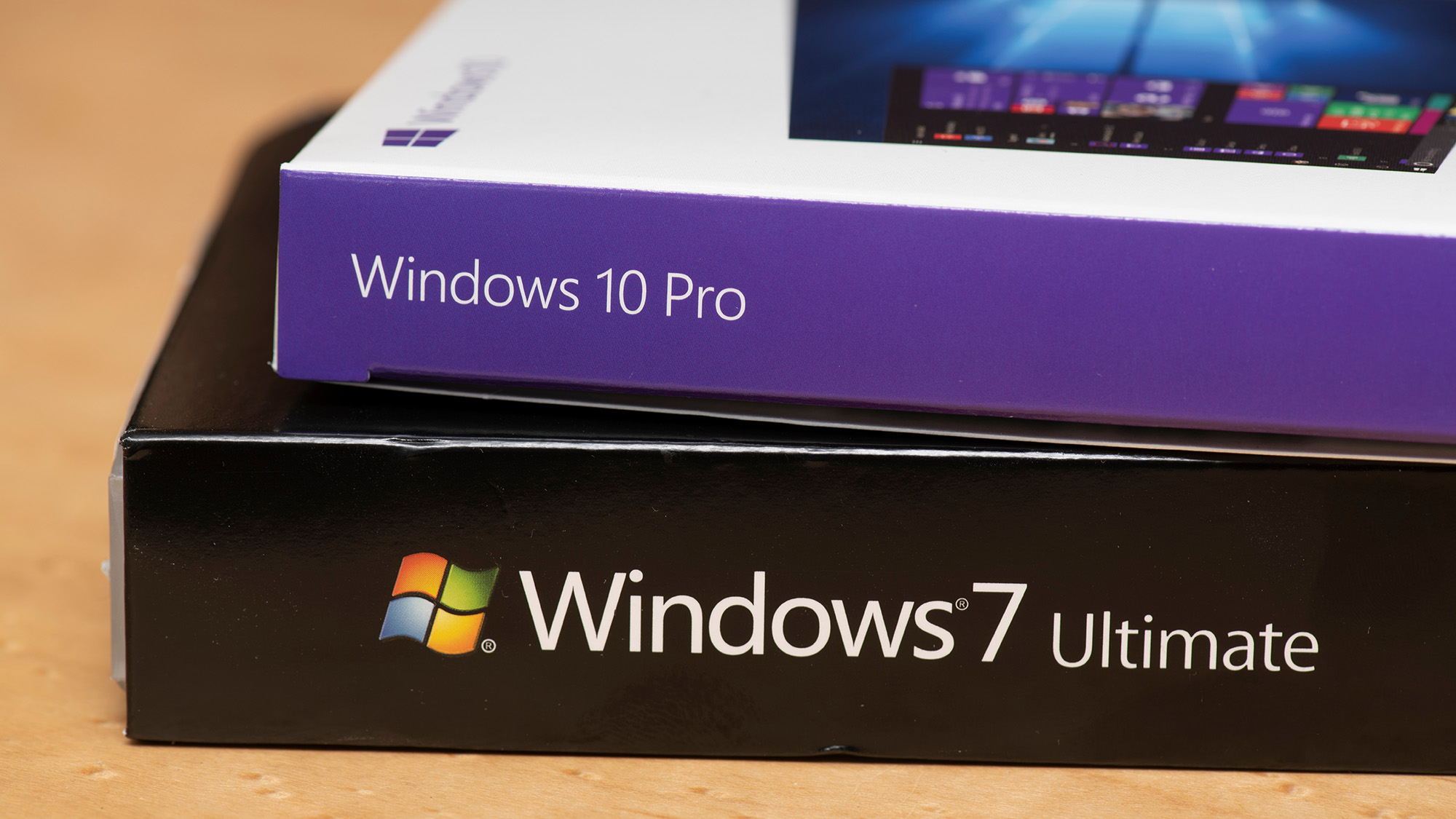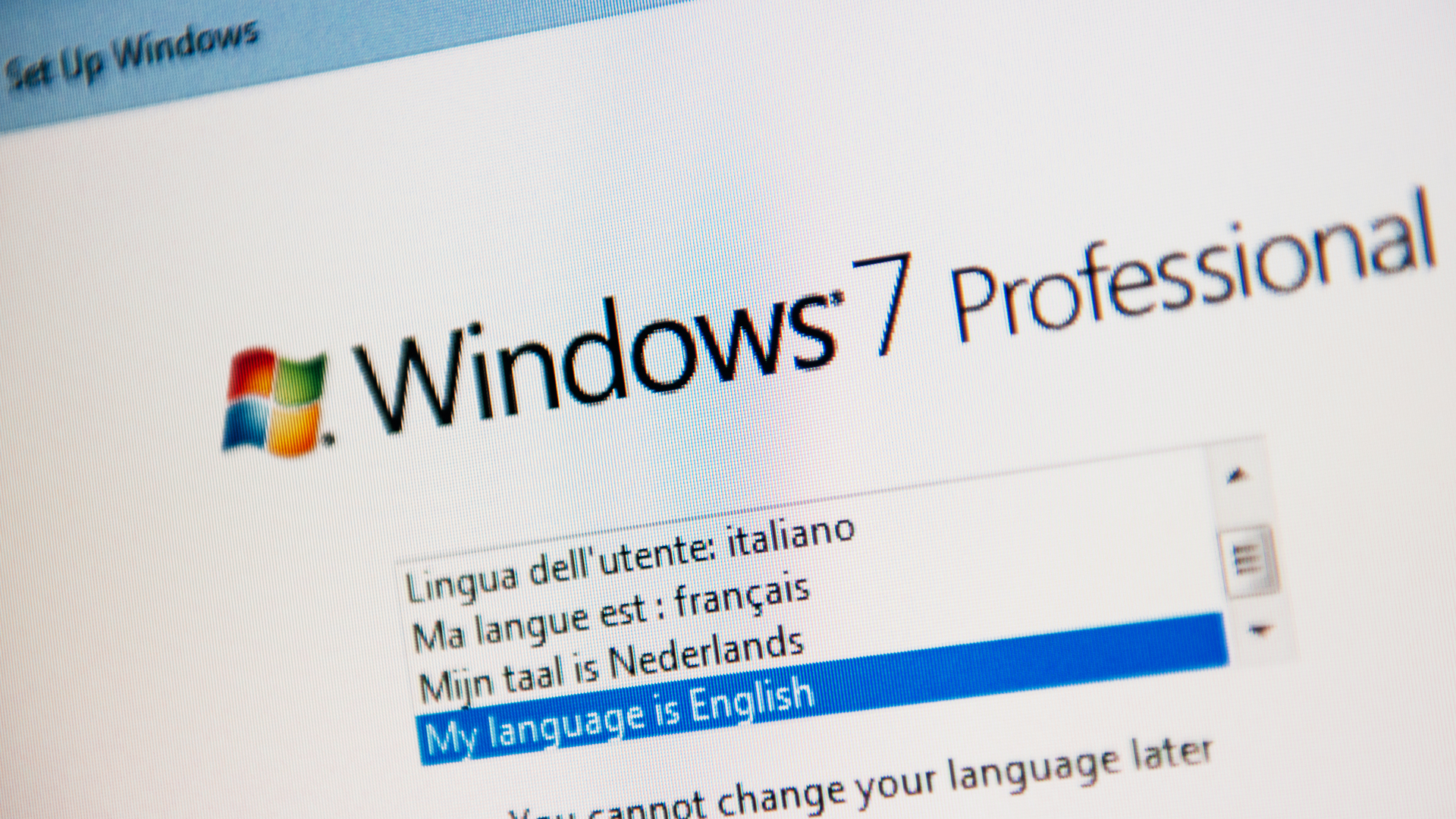Zero-day Windows flaw goes public
A zero-day vulnerability affecting all versions of Windows back to XP has been discovered.


A zero-day privilege escalation flaw has hit Windows that could allow hackers to bypass user account control security found in Vista and Windows 7.
The flaw was posted briefly on a programming education site and could allow even limited user accounts to execute code in kernel mode, although researchers have found the vulnerability exploited on its own would not allow remote code execution.
"This is a serious flaw because it resides in win32k.sys, the kernel mode part of the Windows subsystem," explained Prevx's Marco Giuliani, in a blog.
A vulnerable API in Windows could be manipulated by having its input changed to cause an overflow in the kernel, he noted. This would then allow arbitrary code to run in kernel mode.
"A malicious attacker is able to redirect the overwritten return address to his malicious code and execute it with kernel mode privileges," Giuliani said.
All versions of Windows XP, Vista and 7, in both 32 and 64 bit, are vulnerable to this attack, but no attacks have been seen in the wild as yet, he added.
Paul Ferguson, senior threat researcher at Trend Micro, said the timing of this flaw was "crucial" given the holidays are coming.
Get the ITPro daily newsletter
Sign up today and you will receive a free copy of our Future Focus 2025 report - the leading guidance on AI, cybersecurity and other IT challenges as per 700+ senior executives
"With users spending more time online in search of discounts and Black Friday deals, it may become easier for cyber criminals to spread malware exploiting the zero-day vulnerability," Ferguson explained in a blog.
Sophos senior security advisor Chester Wisniewski had a more positive outlook for users.
"The good news? For this to be exploited, malicious code that uses the exploit needs to be introduced," Wisniewski added in his own blog.
"This means your email, web and anti-virus filters can prevent malicious payloads from being downloaded."
Microsoft had not responded to our request for comment at the time of publication.
Earlier this month Microsoft confirmed another zero-day flaw had hit Internet Explorer, affecting all versions of the browser.
Tom Brewster is currently an associate editor at Forbes and an award-winning journalist who covers cyber security, surveillance, and privacy. Starting his career at ITPro as a staff writer and working up to a senior staff writer role, Tom has been covering the tech industry for more than ten years and is considered one of the leading journalists in his specialism.
He is a proud alum of the University of Sheffield where he secured an undergraduate degree in English Literature before undertaking a certification from General Assembly in web development.
-
 How the UK MoJ achieved secure networks for prisons and offices with Palo Alto Networks
How the UK MoJ achieved secure networks for prisons and offices with Palo Alto NetworksCase study Adopting zero trust is a necessity when your own users are trying to launch cyber attacks
By Rory Bathgate
-
 Putting small language models under the microscope
Putting small language models under the microscopeITPro Podcast The benefits of small language models are undeniable – but they're no silver bullet
By Rory Bathgate
-
 Microsoft angers admins as April Patch Tuesday delivers password feature without migration guidance
Microsoft angers admins as April Patch Tuesday delivers password feature without migration guidanceNews Security fixes include a zero day exploited by a ransomware group and seven critical flaws
By Connor Jones
-
 Managing a late migration
Managing a late migrationOpinion When it comes to moving from Windows 7 to Windows 10, it's better late than never
By Jon Honeyball
-
 How to set up a Windows 7 emulator for Windows 10
How to set up a Windows 7 emulator for Windows 10Tutorials A complete guide for setting up a Windows 7 emulator for Windows 10 so you don’t lose access to your apps
By Nik Rawlinson
-
 The autopsy of Windows 7
The autopsy of Windows 7In-depth Report of a postmortem examination
By Chris Merriman
-
 The IT Pro Podcast: Farewell Windows 7
The IT Pro Podcast: Farewell Windows 7IT Pro Podcast We reflect on the legacy of one of Microsoft's most enduringly popular operating systems
By IT Pro
-
 Windows 7 ends: what do you do next?
Windows 7 ends: what do you do next?In-depth From SMBs to big business and individuals, after 10 years it's time to move on from Windows 7
By Jon Honeyball
-
 Windows 7 end of life: What to do if you haven't upgraded yet
Windows 7 end of life: What to do if you haven't upgraded yetIn-depth Microsoft has now officially moved Windows 7 to end of life, meaning it's no longer a viable business platform
By Dale Walker
-
 Windows 10 vs Windows 8.1 vs Windows 7 - Microsoft OS head-to-head
Windows 10 vs Windows 8.1 vs Windows 7 - Microsoft OS head-to-headVs We pit Microsoft's most popular operating systems against each other to see which is the greatest of all time
By Mike Passingham